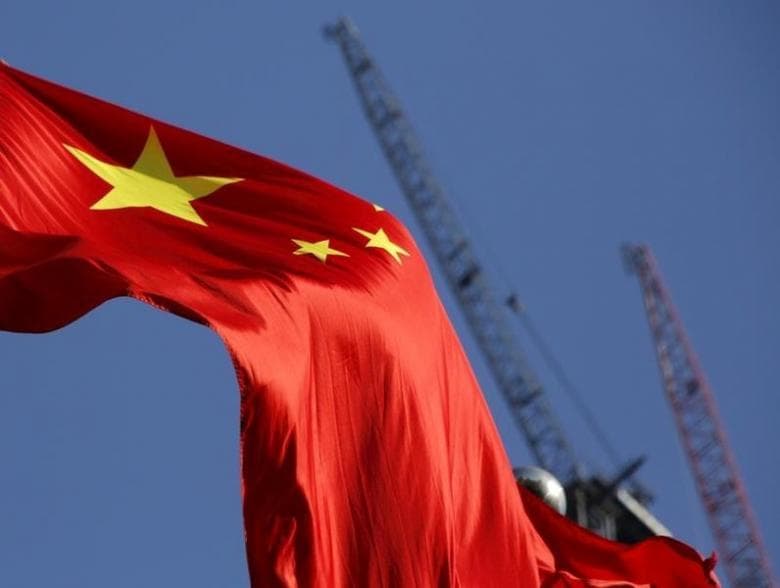
BEIJING (July 15): Chinese investors will be barred from trading in shares of dozens of foreign companies and those with weighted-voting rights such as Xiaomi Corp as regulators seek to shield retail investors using the nation’s stock link with Hong Kong from less widely understood securities.
The Shanghai Stock Exchange’s exclusion also covers stapled securities – when two or more securities are linked together, according to a July 14 statement. The decision creates an exception to current rules allowing all Hang Seng Composite Index’s mid- and large-cap shares to trade in in Hong Kong through the stock link. Hang Seng Indexes had planned to make the three asset classes available for inclusion in its indexes in the third quarter.
“Many security companies believe the mainland investors do not fully understand the complexity and risks that come with more exotic products, and that more cases of dual class shares should be tested out before allowing mainland investors to participate," the regulator said in the statement.
The decision is another setback for Beijing-based Xiaomi to attract local investors. The mobile phone maker was the first company with weighted voting rights to list on the Hong Kong bourse and had already postponed issuing Chinese depositary receipts amid a sluggish market. The ban also may continue to make Hong Kong-listed companies that do most of their business outside greater China, such as Prada, Samsonite and L’Occitane, inaccessible to mainland investors.
Xiaomi didn’t immediately respond to a request for comment. Hong Kong Exchanges & Clearing Ltd said that it is very selective in allowing the listing of weighted-voting rights companies and that sufficient safeguards to protect investors are already in place, according to a statement released after the ruling. The shares should be allowed to trade on the stock connect link "as soon as possible."
"This fits into the general idea that Chinese money should be used to support Chinese companies," said Shao Yu, Shanghai-based chief economist at Orient securities, who does not see the move as a total surprise. "Regulators are adopting a rather conservative attitude towards weighted-share arrangements and are inclined to observe how they do for a little longer. "